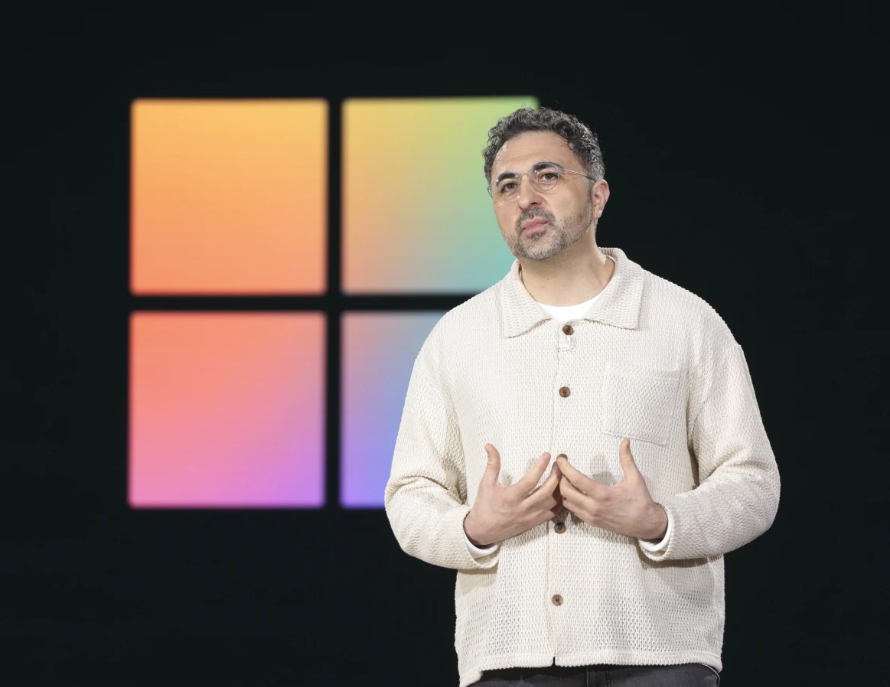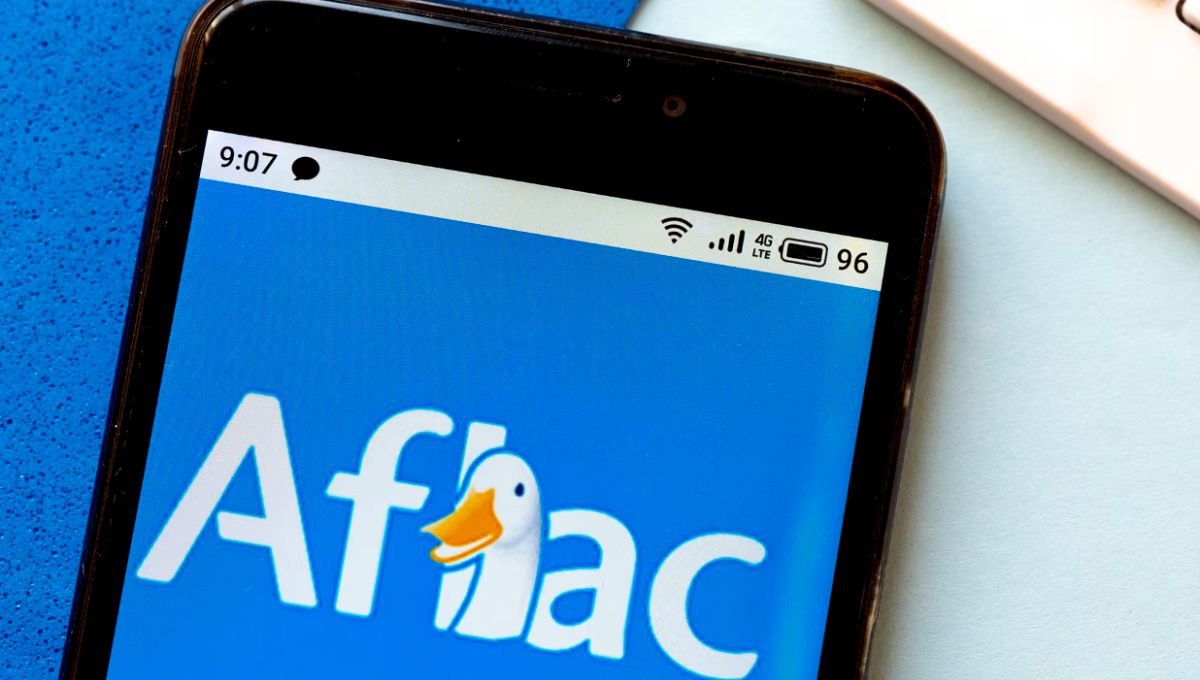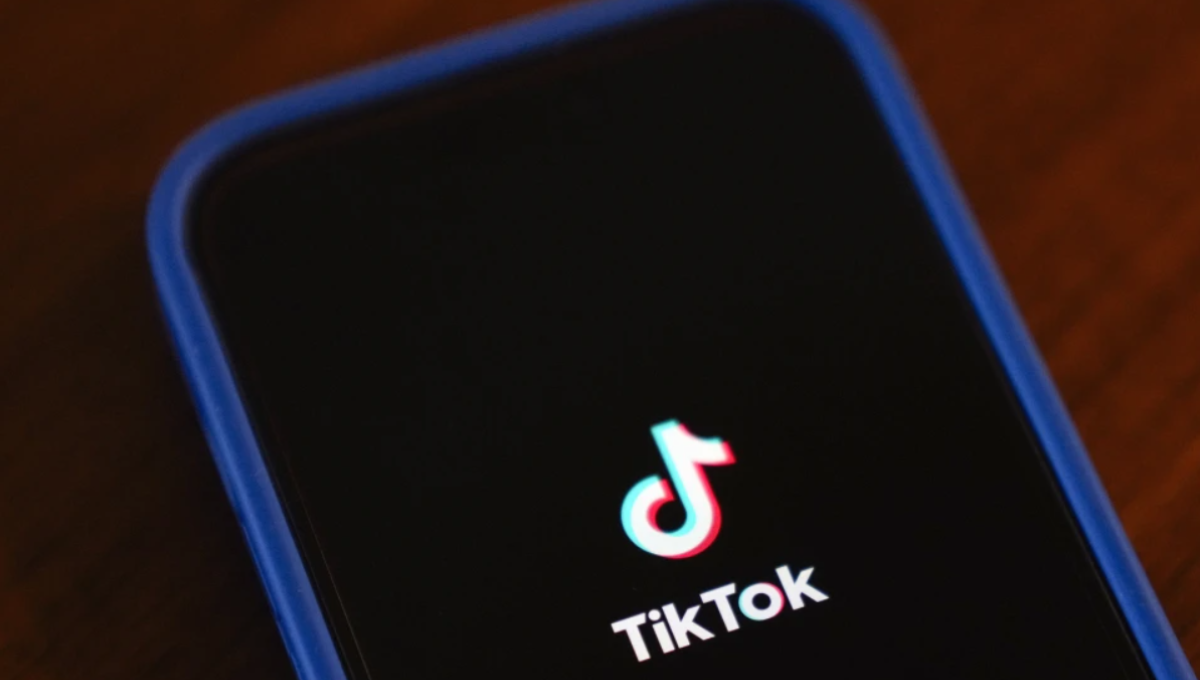Mustafa Suleyman, CEO of Microsoft’s artificial intelligence division, outlined ambitious plans to develop a new product line aimed at becoming as essential to daily life as the company’s past innovations. Speaking during Microsoft’s 50th anniversary celebration at its headquarters in Redmond, Washington, Suleyman introduced the concept of a personalized AI companion—an AI that adapts to its user over time, potentially having its own name, style, and even visual presence.
Suleyman’s vision builds on Microsoft’s existing AI product, Copilot, which integrates chatbot capabilities with tools like Excel, PowerPoint, and Windows. However, his goal is to create an AI that forms a deep, lasting relationship with users, one that remembers personal details and interacts like a trusted companion rather than just a tool.
New features are already being introduced, including “visual memory” capabilities to track digital activities. Future updates might include animated avatars, like a talking peacock demonstrated during the event, to represent AI companions visually.
Before joining Microsoft, Suleyman co-founded DeepMind, a leading AI research lab acquired by Google in 2014, and later co-founded Inflection AI with LinkedIn’s Reid Hoffman. Microsoft acquired key leaders from Inflection, raising antitrust concerns.
Unlike competitors such as OpenAI and Google, which focus on developing artificial general intelligence (AGI), Suleyman emphasizes creating a practical, personal AI assistant. “My goal is really to create a true personal AI companion,” he explained, noting that AGI is not the immediate focus.
The race to dominate the AI personal assistant market is intense, with companies like Google, Meta, Amazon, and OpenAI all vying for leadership. Despite the competition, Suleyman believes Microsoft’s AI efforts will be foundational for the company’s future, both in the workplace and at home.
However, the technology is not without challenges. AI systems like Copilot can produce errors, known as “hallucinations,” and still struggle with commonsense reasoning. Suleyman acknowledged these limitations, sharing examples of his own interactions with Copilot, including an amusing mishap where the AI miscalculated Microsoft’s total revenue over 50 years.
While AI’s potential to automate routine tasks is promising, concerns persist about its impact on critical thinking and job displacement. Suleyman remains optimistic, suggesting that AI will free workers from administrative burdens, allowing for greater creativity and focus on complex tasks.
As the event concluded, a protester interrupted to criticize Microsoft’s AI contracts with the Israeli military, referencing an investigation revealing the use of AI models in military operations. Suleyman acknowledged the protest before returning to discuss the future of AI companions.















